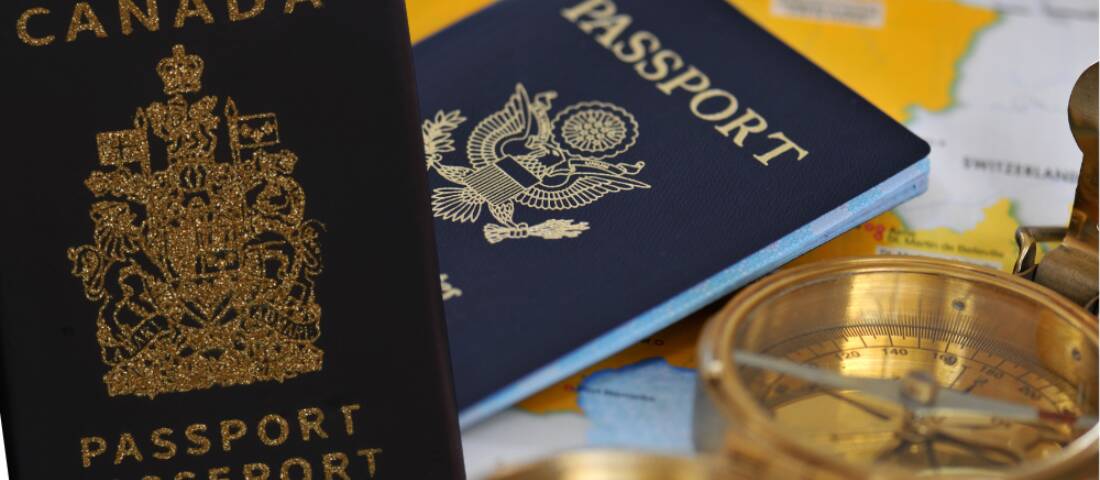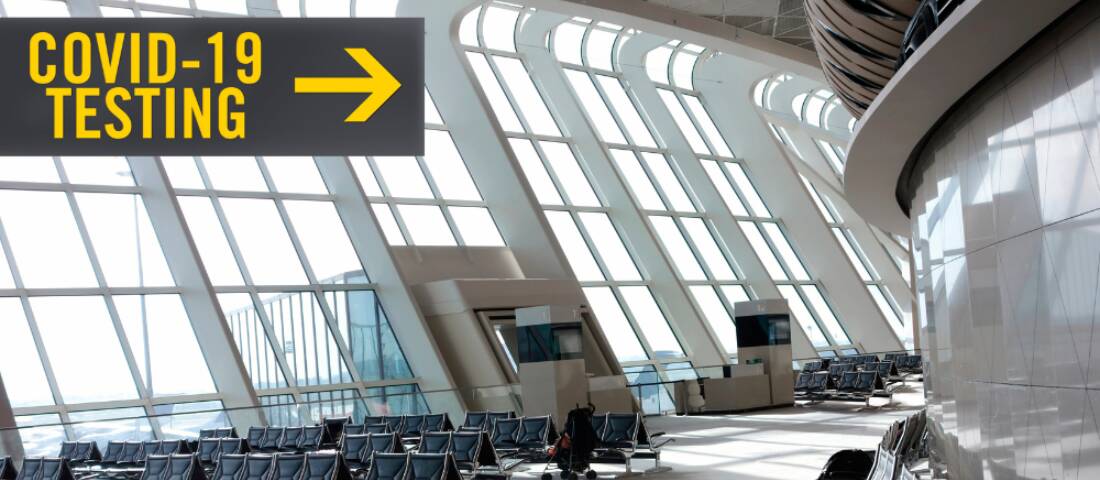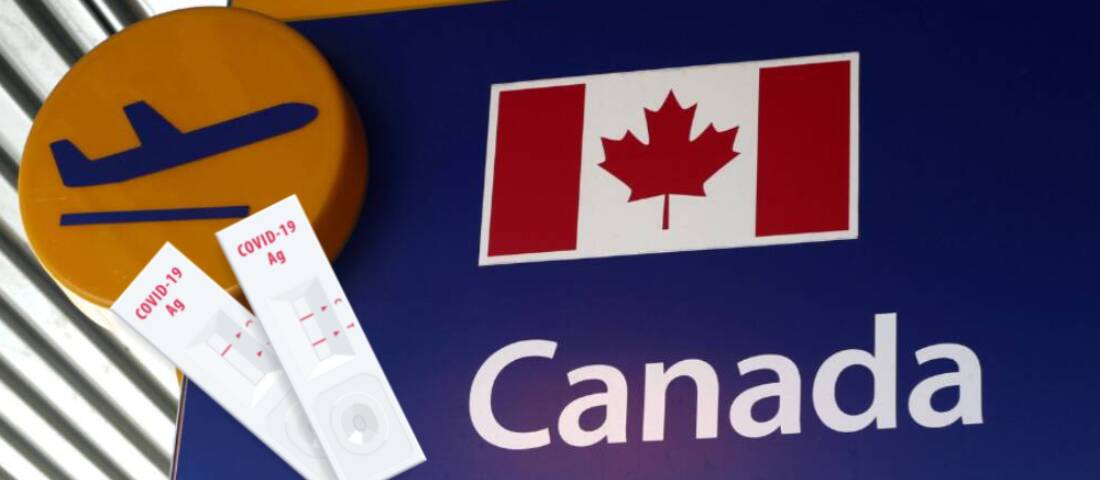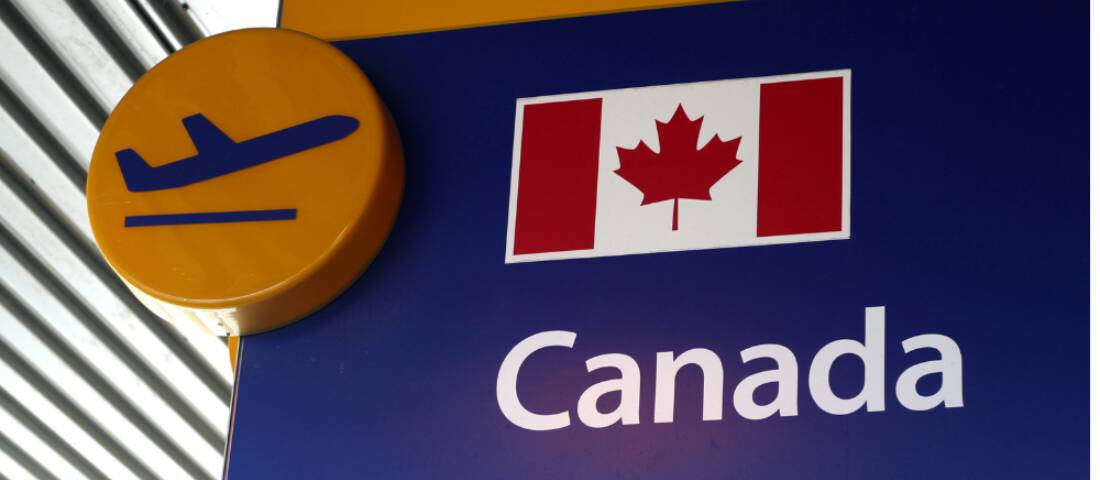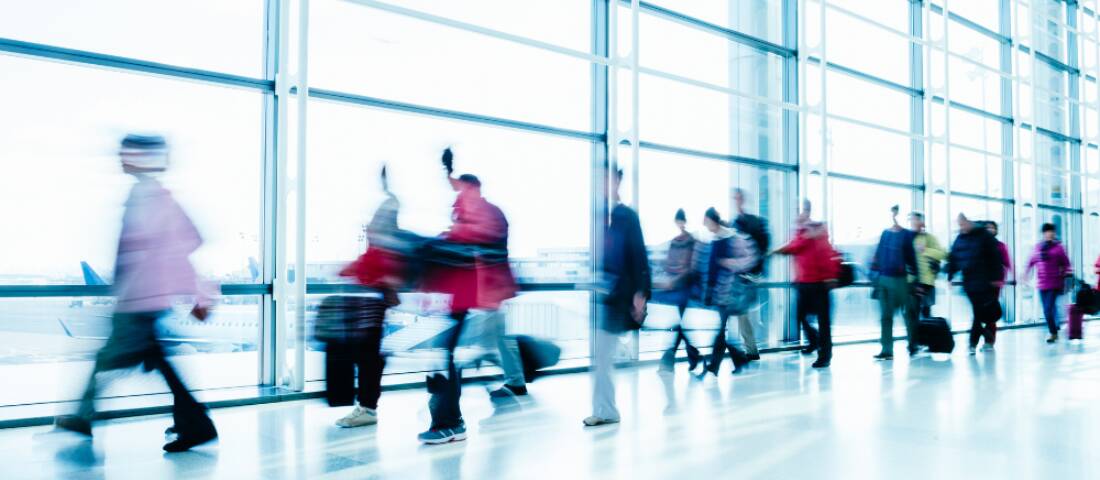The Canada border from the United States will remain closed until at least November 21, the government announced on October 18. Canada Prime Minister Justin Trudeau said the Canada-U.S. border will remain closed until America gets their COVID-19 crisis under control and the number of COVID cases begin to decline.
The length of the pandemic has caused severe hardships for many families as they are not allowed to enter Canada to care for an ill family member, mourn a deceased loved one under the current 14-day quarantine and cross border travel restrictions. Canada has announced new Covid-19 non-discretionary travel and compassionate exemptions and limited quarantine exemptions.
Non-Discretionary Travel and Quarantine Exemptions
SUMMARY
According to the IRCC website, there are ways for people who are travelling from the U.S. to Canada for non-discretionary travel and compassionate reasons (such as to attend to someone deemed critically ill) to enter. For the quarantine exemption, they receive a “limited” exemption to quarantine based on circumstances. In order to get a limited exemption, they will need to obtain a Letter of Support from the hospital where the critically ill patient is staying, and hospital permission (site authorization) to enter the premises.
Here is an overview of the non-discretionary and compassionate travel exemptions:
ENTRY BASED ON COMPASSIONATE GROUNDS
Immediate family members of a foreign national temporarily residing in Canada as a worker are allowed to come to Canada without written authorization from the IRCC if travelling to Canada from the U.S. However, they must provide evidence showing that their travel is essential such as to live with a family member. Source: IRCC website
If someone wants to go to Canada on compassionate grounds, they need to submit a request to the Public Health Agency of Canada to receive authorization for one of the following reasons:
- to attend to the death of, or provide support to, a Canadian citizen, permanent resident, temporary resident, or protected person who is residing in Canada and who is deemed to be critically ill by a health-care professional entitled under the laws of a province to provide health services in the province
- to provide care for a Canadian citizen, permanent resident, temporary resident, or protected person residing in Canada who is deemed by a health-care professional entitled under the laws of a province to provide health services in the province to have a medical reason as to why they require support (for example, assisting in a birth, providing elder care, supporting someone during pregnancy)
- to attend a funeral or end of life ceremony of a person who resided in Canada
Foreign nationals who qualify under the compassionate grounds exemption do not need to provide evidence that they are travelling for a non-discretionary purpose. PHAC will provide foreign nationals with an authorization letter confirming that they qualify under the compassionate grounds exemption. Source: IRCC website
QUARANTINE EXEMPTION STEPS
To be exempt from the mandatory 14-day quarantine, after entering Canada, an individual must have a pre-approved release from quarantine documentation.
Each traveller must submit their application form and letter of required support and necessary site visit authorization to be present during the final moments of life for a loved one or to provide support or care to a person or attend a funeral or end of life ceremony.
Step 1:
- Complete application Note: Must complete the application in one seating, it cannot be Saved.
- Provide supporting documents:
- a Letter of Required Support completed and signed by a licensed health care professional that certifies that your presence is required to:
- be present during the final moments of life for a loved one or to support someone who is critically ill
- provide care or support for someone who has a medical reason
- a Letter of Required Support completed and signed by a licensed health care professional that certifies that your presence is required to:
Step 2:
- permission from the site you are visiting
- complete site visit authorization (attached)
- Send the Site Visit Authorization form to the administrator, proprietor or homeowner of each site or location you need to visit during your limited release from quarantine, such as:
- funeral home
- place of worship
- retirement home
- long-term care facility
- palliative care facility, such as a hospice
- private residence where the death or end of life ceremony is occurring or where you’re supporting a critically ill person or caring for a person with a medical condition
Step 3:
- complete traveller application form (link provided above)
- cannot submit an application until you have all supporting documents
- Letter of Required Support or documentation used to support a death
- Site Visit Authorization(s)
- Fill out all required fields on page 1 of the application.
- There are 2 pages in total. Clicking ‘Next’ to get to page 2 doesn’t submit information or your application.
- Attach the required supporting authorizations on page 2 of the application.
- Submit your application through the secure portal.
- You’ll receive an immediate message indicating, ‘Submission completed successfully.’
- You’ll also receive a receipt email with an application number.
- Your application will be assessed by the Public Health Agency of Canada. We’ll confirm that your request meets the requirements for entry and/or limited release from mandatory quarantine for compassionate reasons. Applications with missing requirements won’t be assessed.
- Service standard
- The Public Health Agency of Canada’s goal is to respond to applications within 7 business days. Some cases will fall outside this service standard.
Contact Ackah Law BEFORE You Fly
Don't attempt to cross the border into Canada without making sure your paperwork is in order. COVID's impact on Canada immigration has affected individuals, families, big corporations and small business owners, and there can be confusion at the border or when trying to board a flight to Canada. An experienced immigration professional can help qualified travelers cross the border into Canada, and help prepare your immigration application.
For more information and solutions for crossing borders seamlessly to live and work in Canada or the United States, contact Ackah Business Immigration Law today at (403) 452-9515 Ext. 100 or 1-800-932-1190 or email us directly.

